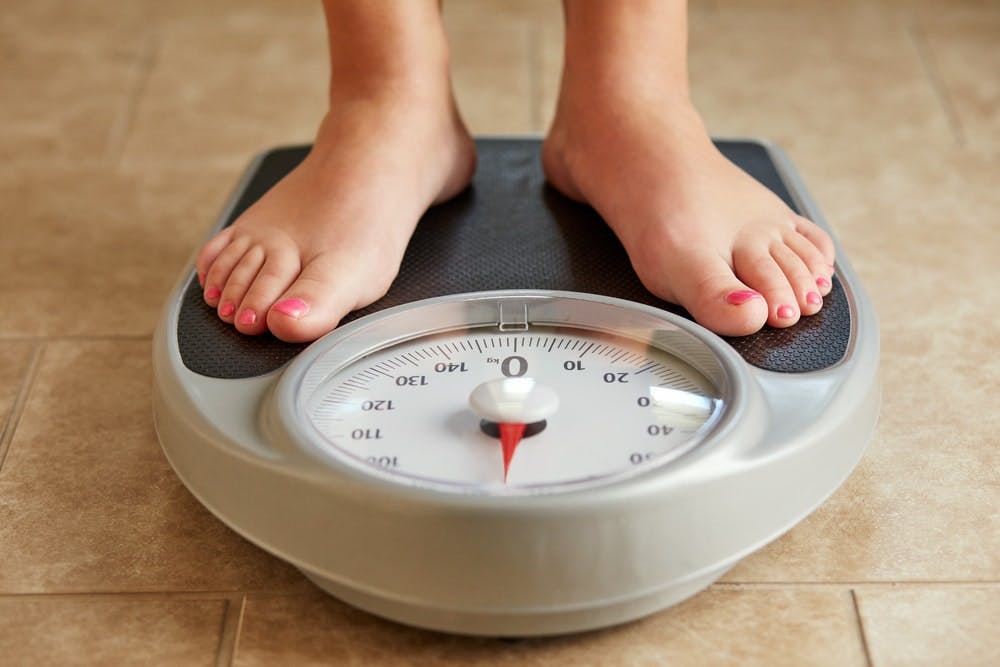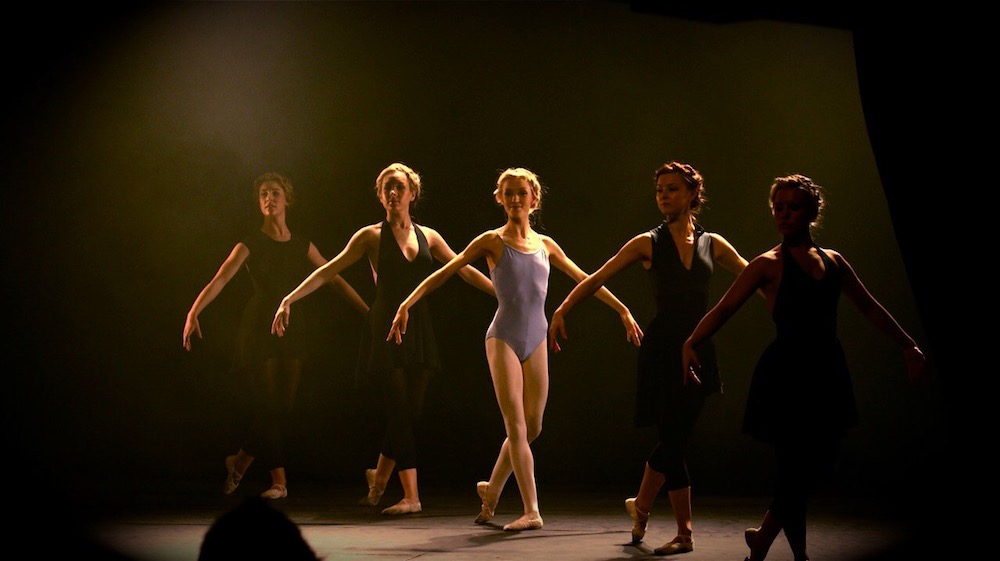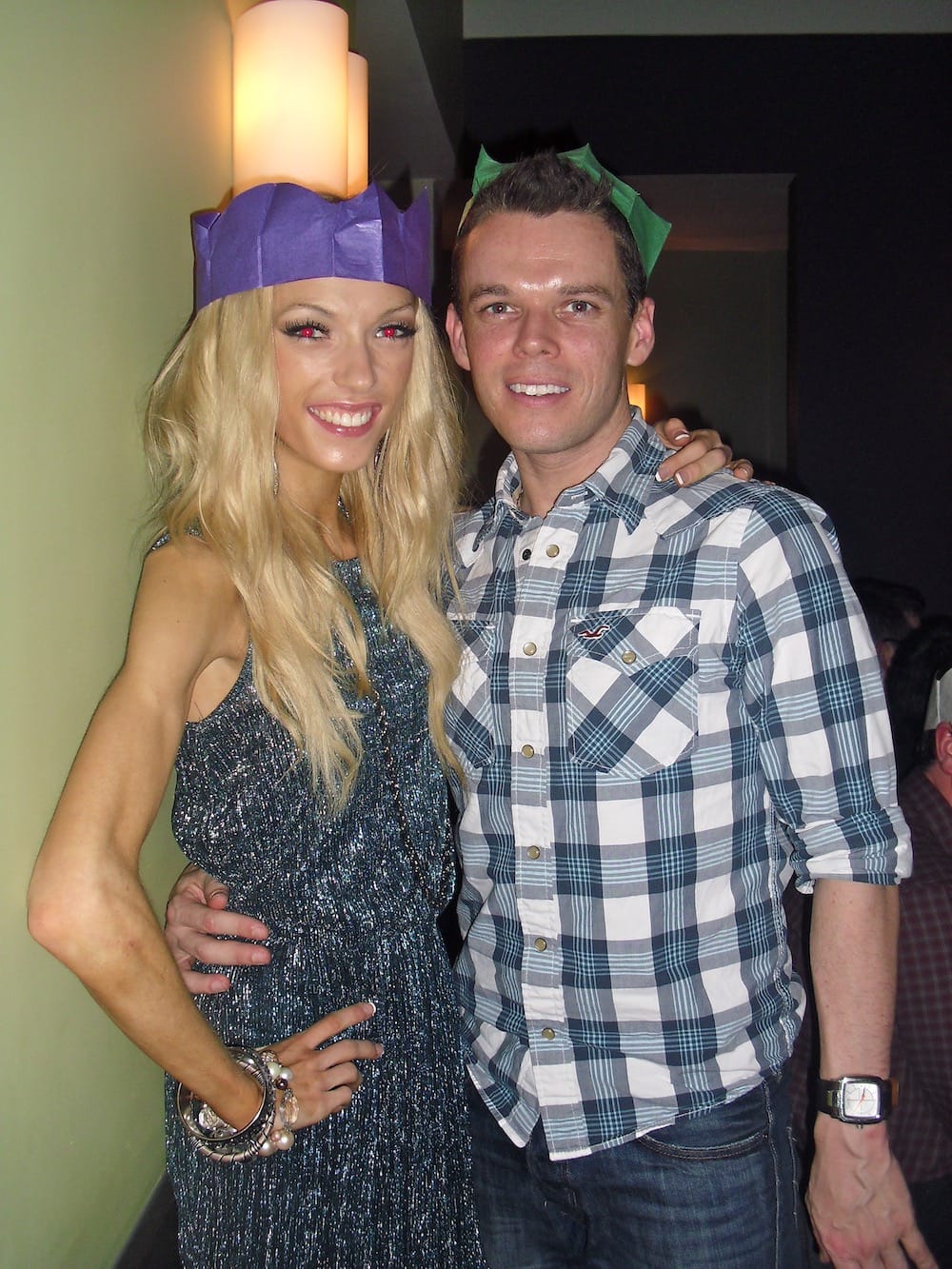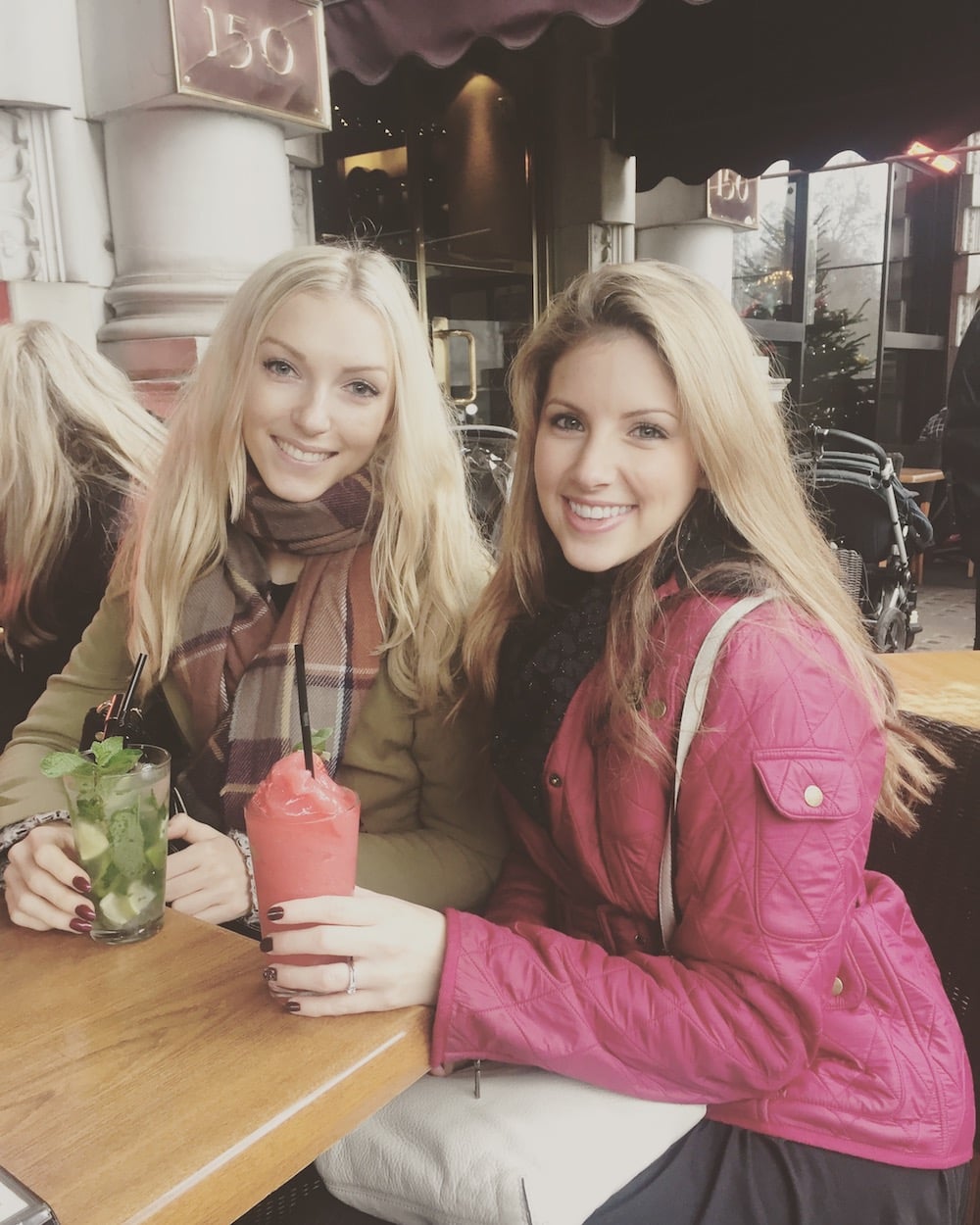'I was in complete denial about my anorexia'
updated on Jan 20, 2023

Professional dancer Sophie Coster found the courage to confront a life-threatening eating disorder
At 16, I was blissfully happy.
About to train as a professional dancer, I had dreams of being in the West End and my scholarship to dance college was my pathway to this. I couldn’t have predicted that my future would never look so bright, and that instead I'd spend seven long years in the depths of anorexia. At 27, I still wouldn't say I'm fully recovered, but I'm a lot closer than I was. Although I'll probably never achieve those things I once dreamed of, at least I'm alive, which is more than many can say after suffering from what is statistically the most fatal mental health illness.

Although certain signs were present from a young age (perfectionism, self-criticism, body image pressures), I'd always had a healthy relationship with food. It wasn't until I started my first professional dance job in Japan that I suddenly became more conscious of what I was eating and the effect it would have on my Western body, which was proportionally larger than the Eastern ideals.
Eating disorders aren't just about dieting and wanting to look thin. This is a definite misconception. In fact, when I was at my thinnest, I felt the most disgusting of all. Eating disorders are incredibly complex, and for me it was a combination of different factors that initiated my downfall. My desperation to be the perfect dancer, my belief that if I worked hard I would succeed, the lack of control in my life with auditions, and mainly as a form of self-punishment when I felt I wasn't good enough. I didn't believe I deserved to eat nice things, and I couldn't afford to relax like the rest of my peers. I had to be disciplined to avoid that crushing guilt I endured if I 'let myself go'.
Anorexia is incredibly cunning, blinding, and suffocating. It thrives on secrets
This is all easy to see in hindsight, but at the time, restricting food and exercising was just a coping mechanism I wasn't really aware of. In fact, when I was dancing on a cruise ship and had lost so much weight that I was barely five stone, I was outraged when the ship's doctor diagnosed me with anorexia. Clearly I was in full denial.

Anorexia is incredibly cunning, blinding, and suffocating. It thrives on secrets and it somehow validated actions that dragged me miles from my human values. I know that as I declined physically, my cognitions became more severe and I was so fixed in my beliefs and behaviours that numbers were all that mattered to me. Day by day I'd eat less and less, which then set the bar for adequacy even higher. No goal was ever enough, which perpetuated the cycle; a cycle I was so trapped in that I couldn't see the only destination anorexia had for me was death. Someone once described me as being possessed. They couldn't have been more accurate. My life fell apart. I lost my job, my friends, my perspective, and in all honestly, I was just desperate not to exist.
I find myself thinking back to when I was in tears of terror staring down at a slice of toast. I realise now how far I’ve come
After various admissions to day-patient treatment and two inpatient hospital admissions lasting over a year, I feel like I am now at a place in recovery where I am starting to see the light. Being in hospital was a tough regime with strict boundaries, and I had to wait four months to be able to even step outside the building. But the therapy and groups helped me to understand that I needed to change my relationship with myself if I ever wanted to recover, not just with food.
I think those anorexic thoughts will always be there to a certain extent, but I'm working on being in a place where I am in control of the illness, rather than it being in control of me.
One thing that being ill has made me realise, is that I am incredibly blessed to have a wonderful family who have never given up on me, even when I have given up on myself. My amazing friends have showed such compassion, while taking the time to gain invaluable insight into the illness, and I have these people to thank for where I am today.

Occasionally, I'll find myself thinking back to a time when I was in tears of terror staring down at a slice of toast, and I realise how far I have come. The future looks a lot brighter than it once did. But that future is now in my hands. I shall keep choosing recovery every day so that hopefully sometime soon, rather than looking back at that 16-year-old with nostalgia, I'll realise I'm her again. I'll realise that, finally, I am free.
If you would like to talk to a professional about eating disorders, please visit the Counselling Directory. Further information about anorexia can be found on the NHS's website.

